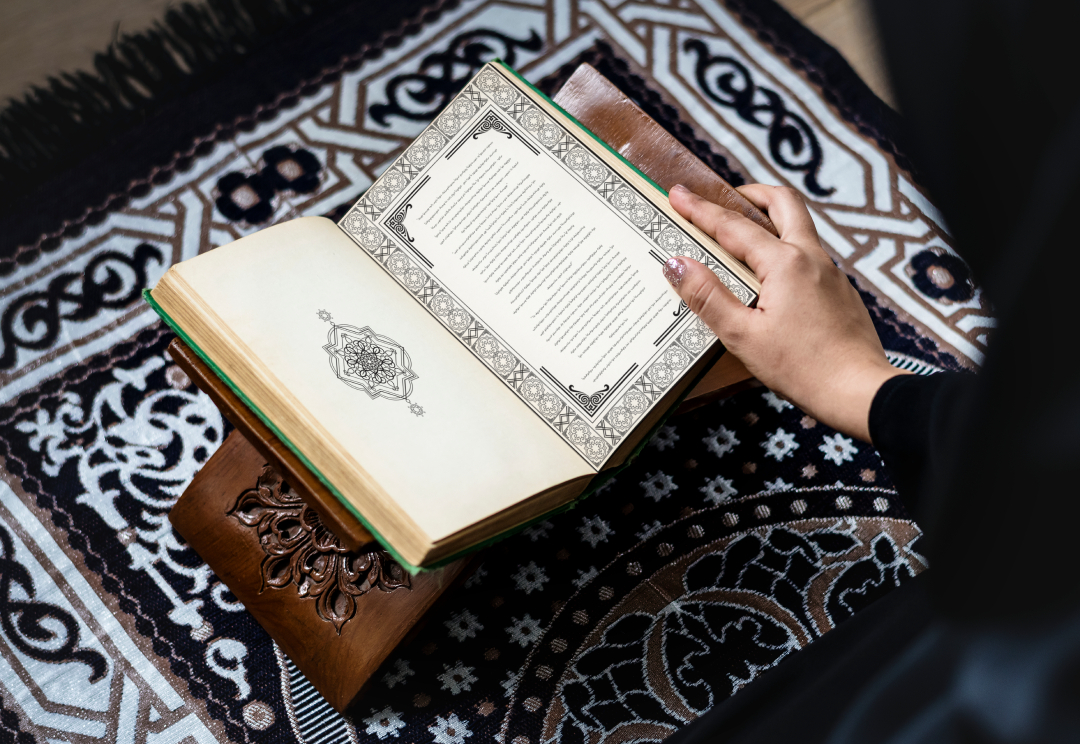


When to Start Learning About Religion: A Guide for Families

—
Starting religious education is a meaningful journey that can begin at various stages of life. Knowing when and how to start is crucial for nurturing spiritual growth. Here’s a guide to help you determine the right time for learning about religion.
1. Early Childhood: Basic Introduction
Introducing basic religious concepts early in a child’s life sets the foundation for their spiritual development. At this stage, simple activities such as storytelling and attending a kelas mengaji can be highly effective. These activities are designed to present religious values in an age-appropriate and engaging manner. For young children, the focus should be on fundamental principles and positive values that can be easily understood and absorbed through playful and interactive methods.
2. Primary School Age: Routine Learning
As children enter primary school, it's beneficial to incorporate structured religious education into their routine. This is a time when children can start attending regular lessons with a ustaz or participate in local bible study groups. For those interested in learning to read the Al Quran, this is an ideal period to begin. Structured classes help children understand core teachings and integrate them into their daily lives. Engaging with peers in similar educational settings also supports their learning and encourages the development of a personal connection to their faith.
3. Adolescence: Deeper Exploration
Teenagers are at a stage where they can handle more complex discussions about religion. This is a crucial period for deeper exploration and understanding. Advanced classes and discussions with mentors can help them explore their beliefs more thoroughly. Participating in youth groups or engaging in personal study allows adolescents to ask questions, explore different perspectives, and solidify their understanding and commitment to their faith. This phase is about expanding their knowledge and helping them make informed decisions about their spiritual beliefs.
4. Young Adulthood: Personal Study
In young adulthood, individuals often focus on personal exploration and refining their religious beliefs. This stage involves advanced courses, local study groups, or one-on-one discussions with a ustaz or other knowledgeable figures. The emphasis is on deepening personal insights and solidifying one’s beliefs. This is a time for individuals to reflect on their values, engage in meaningful discussions, and seek a deeper understanding of their faith as they transition into more independent and self-directed learning.
5. Lifelong Learning: Continuous Growth
Religious education is not confined to any specific age but is a lifelong journey. Continuing to engage with community programs, participate in advanced studies, or practice personal reflection helps keep your spiritual understanding fresh and relevant. Lifelong learning in religion involves continually seeking knowledge, participating in community activities, and adapting one’s understanding as life experiences evolve. This ongoing process ensures that spiritual growth remains a dynamic and integral part of one’s life.
Ready to Begin Your Religious Journey?
Whether you're starting or continuing your religious education, Zonar connects you with local resources such as ustaz near me, kelas mengaji, and more. Explore Zonar today to find the right support for your spiritual growth!
Ready to start a family and move out of your parents' home? Here are real estate agents to help you get your first home here!


